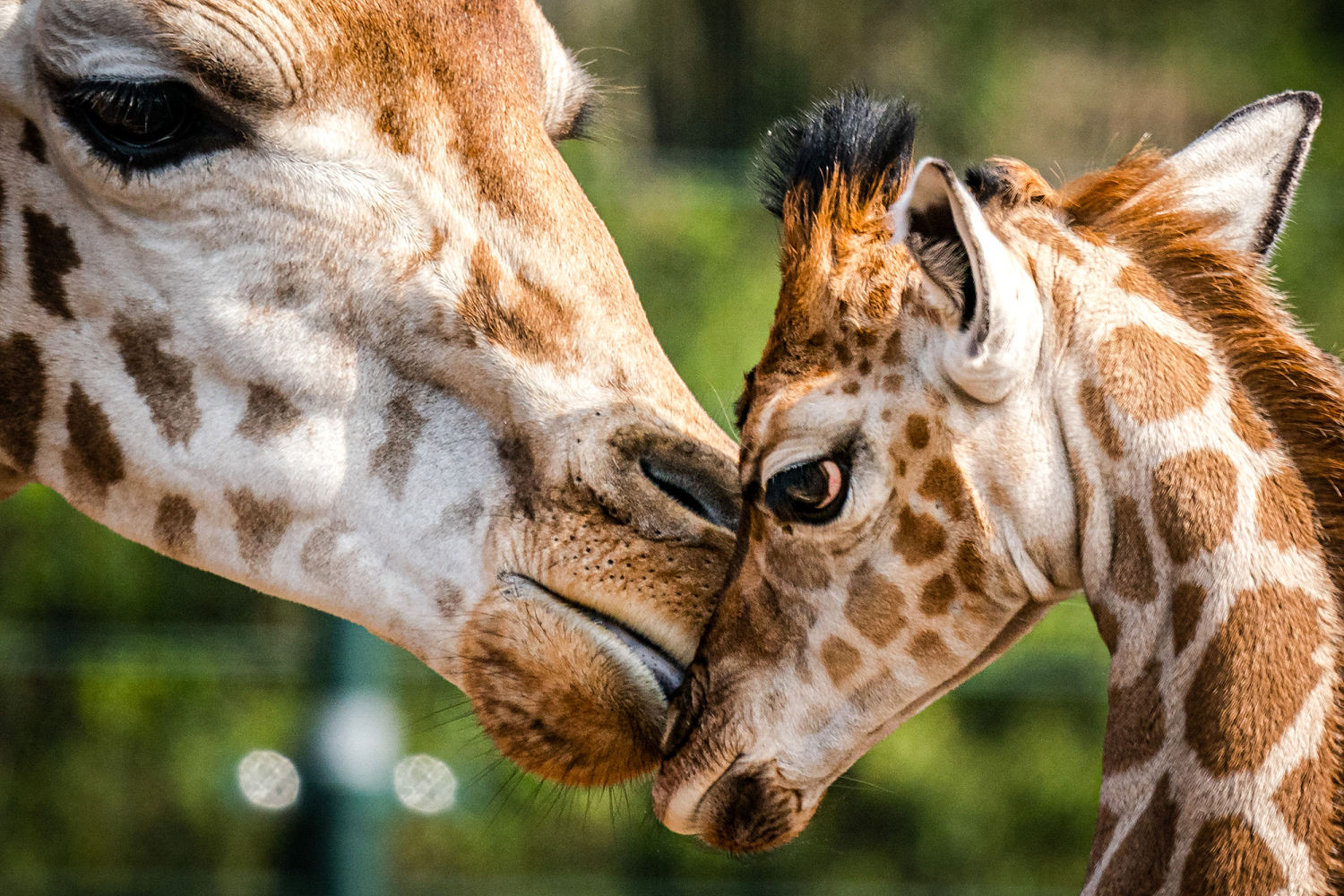
Three giraffe subspecies should be added to the endangered species list, U.S. officials said Wednesday, as their populations continue a yearslong trend of decline.
The U.S. Fish and Wildlife Service proposed that the West African, Kordofan and Nubian subspecies of northern giraffe be considered endangered under the Endangered Species Act. In addition, the service proposed listing the reticulated giraffe and the Masai giraffe as threatened.
“Federal protections for giraffes will help protect a vulnerable species, foster biodiversity, support ecosystem health, combat wildlife trafficking, and promote sustainable economic practices,” Fish and Wildlife Service Director Martha Williams said in a statement. “This action supports giraffe conservation while ensuring the United States does not contribute further to their decline.”
The Endangered Species Act, enacted in 1973, “establishes protections for fish, wildlife, and plants that are listed as threatened or endangered,” according to the agency.
Giraffe populations are in decline because of poaching, habitat loss and climate change, according to the Fish and Wildlife Service. Other primary threats include human population growth and fragmentation and degradation caused by urbanization, officials said.
The proposed listing would help the animals by reducing illegal hunting and trade by requiring permits to import giraffes into the U.S., the Fish and Wildlife Service said.
Trade with the U.S. is not the main threat to the declining giraffe population, Fish and Wildlife Service officials said, but it is a contributing factor. In addition, giraffes’ hair and tails and their “use in traditional medicine” make them valuable. More recently, giraffes have been targeted by hunters and poachers for bushmeat.
Listing giraffes as endangered would also increase funding for conservation in their range countries, boost funding for research efforts to address conservation and give limited financial assistance to conservation programs, officials said.
Since 1985, the population of West African, Kordofan and Nubian giraffes has declined by about 77% — from over 25,000 animals to just under 6,000, according to the Fish and Wildlife Service. There are only 690 West African giraffes remaining, officials said.
The vast majority of the reticulated giraffe population — about 15,985 animals — are in Kenya, the Fish and Wildlife Service said. There are around 45,400 Masai giraffes, roughly 67% of their total population in the 1970s.
Giraffes, the tallest living terrestrial animals, spend much of their time feeding on leaves, stems, flowers and fruit, the Fish and Wildlife Service said. The animals are versatile and can adapt to a number of habitats, but they are most often found in savannas and woodland habitats, always near trees or bushes.
The proposal to list the giraffe subspecies as endangered is open for public comment for 90 days.